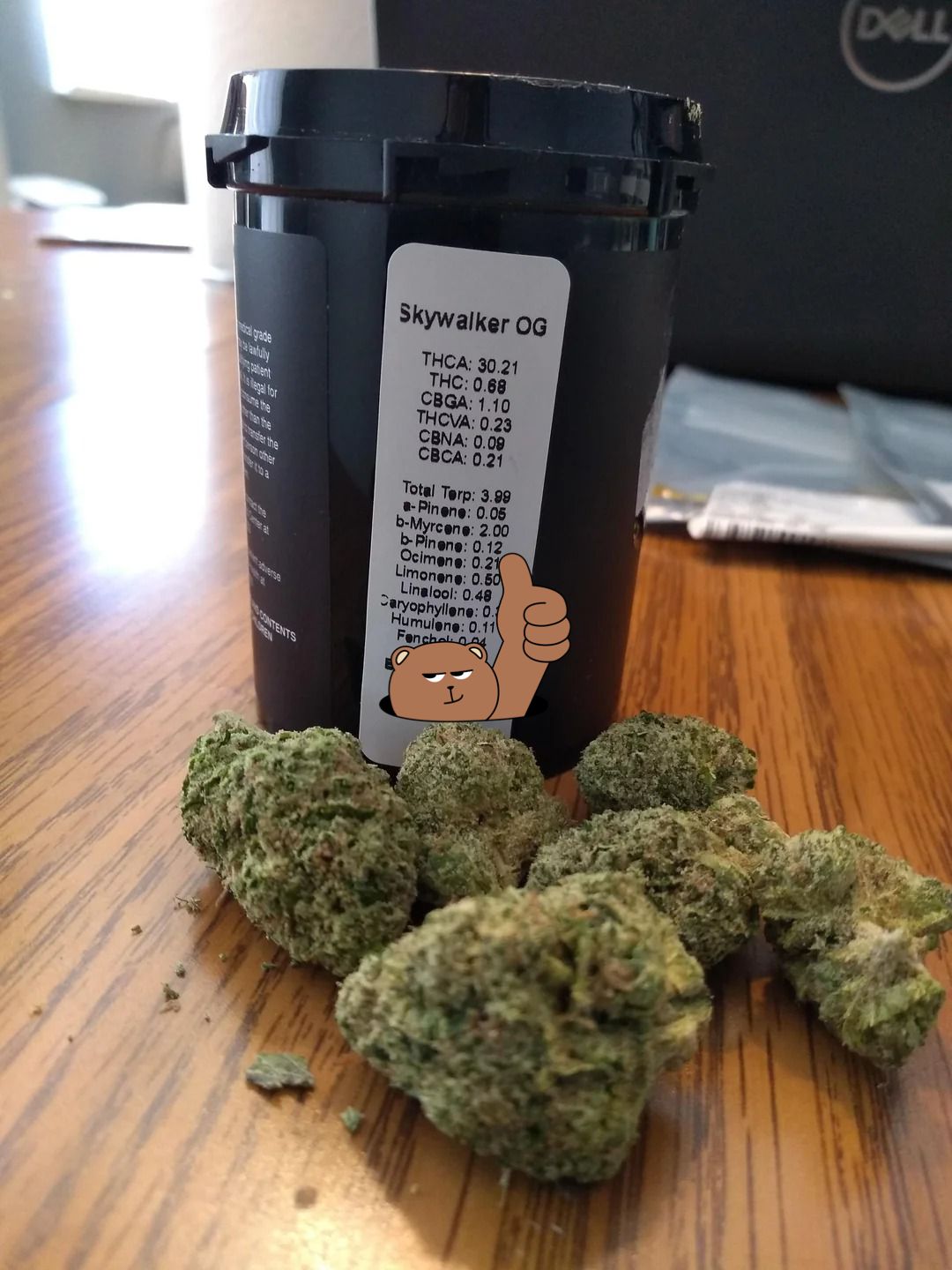
Nice introduction: Bytom’s Silesian grit—and why Poland isn’t a “weed-friendly” stop
Bytom sits in the heart of Upper Silesia, surrounded by the industrial history and tight-knit neighborhoods of the Katowice metropolitan area. It’s the kind of place where daily life feels practical: tram lines, apartment blocks, local bars, and routines that don’t revolve around tourism. That “real city” vibe can make some visitors assume the rules are flexible—or that small amounts of cannabis are “no big deal” in Poland.
That assumption can be expensive/weed in Bytom.
Across mainstream cannabis law guides, the message is consistent: recreational cannabis is illegal in Poland, and being caught with cannabis can mean serious legal consequences (often summarized as up to three years in jail for possession, depending on circumstances). (The Cannigma) Poland does have legal medical cannabis (introduced in 2017), but it’s a regulated prescription-and-pharmacy pathway—not a recreational workaround. (The Cannigma) And access tightened recently: reporting in January 2025 described new rules requiring in-person doctor visits for medical cannabis prescriptions and linked those changes to a sharp drop in prescription numbers/weed in Bytom. (ICBC)
This guide is built for Bytom reality: how Poland’s cannabis rules are commonly described, what behavior creates real risk, how medical cannabis differs from recreational use, and how to keep your time in Silesia calm and drama-free.
Why Bytom can feel “stricter” than a tourist city
In places with heavy tourism, visitors sometimes blend into crowds. Bytom is different: it’s lived-in. That doesn’t mean police are watching tourists—just that unusual behavior stands out faster.
In a city like Bytom, cannabis-related risk increases because:
- less anonymity (you’re more noticeable asking around)
- shared housing (odors and complaints travel quickly in stairwells/courtyards)
- neighbors act fast if something disturbs the building
- public spaces are local-first (families, commuters, people trying to relax)
So even if someone online says “Poland tolerates small amounts,” the safer read is: the law is still the law, and you don’t control how a situation is handled on the street. (The Cannigma)
Weed laws in Poland: the practical version
Poland’s cannabis landscape is not a “legal retail + chill enforcement” model. The basics are/weed in Bytom:
- Recreational cannabis: illegal. (Sensi Seeds)
- Possession: illegal; Cannigma notes you “could face up to three years in jail” for being caught with cannabis, and prosecutors may dismiss charges for small amounts—but they don’t have to. (The Cannigma)
- Selling/supplying: illegal and treated more seriously than personal possession narratives suggest. (Sensi Seeds)
- Medical cannabis: legal via prescriptions and pharmacy dispensing (legal status changed in 2017 for herbal cannabis as a pharmaceutical raw material for prescription drugs)/weed in Bytom. (MDPI)
The biggest traveler misunderstanding is thinking “medical exists” means “weed is legal.” In Poland, those are different categories.
The most dangerous myth: “It’s only a small amount, so nothing happens”
This is the story that gets visitors in trouble: someone says they had a small amount and were fine, so others assume the outcome is guaranteed.
Poland doesn’t work like that. Even the sources that mention prosecutorial discretion also emphasize that possession is illegal and penalties can be significant. (The Cannigma)
In Bytom, “small amount logic” can still go wrong because:
- a complaint brings attention (smell in a stairwell, loud behavior, visible use)
- language barriers create misunderstandings
- context matters (nighttime, groups, public transport areas)
- police or prosecutors may choose not to “let it slide”
If you want a smooth trip (or a smooth week living locally), the simplest plan is to avoid cannabis-related situations entirely.
Medical cannabis in Poland: legal, regulated, and recently tightened
Poland legalized medical cannabis in 2017 (with the system implemented through prescriptions and pharmacy dispensing). (MDPI)
But two practical realities matter for anyone thinking “I’ll just go medical”:
- It’s healthcare access, not tourist retail. You need a doctor pathway and pharmacy availability. (The Cannigma)
- Rules can tighten. International CBC reported that new regulations require in-person doctor visits for medical cannabis prescriptions and associated the rule change with a sharp drop in prescription counts from October to December 2024. (ICBC)
What that means for Bytom (and the Silesian metro in general): don’t plan your travel around quick access. Even legitimate patients can face practical barriers like appointment logistics and product availability.
What actually creates trouble in Bytom: visibility, conflict, and “commerce vibes”
Most cannabis problems are not “I quietly had something at home.” They’re moments where attention locks on.
Public visibility
Smoking in parks, streets, near tram stops, outside bars—these are the situations where smell and behavior become public.
Housing complaints
Shared stairwells, courtyards, balconies, and thin walls turn “private” into “everyone’s problem” quickly. In Polish apartment buildings, a single annoyed neighbor can escalate things fast.
Anything that looks like distribution
Multiple baggies, repeated meetups, large quantities, or “delivery” behavior can shift a situation from personal possession into suspicion of intent to sell—treated much more seriously. (The Cannigma)
If you want to keep your Bytom experience stress-free, avoid these triggers completely.
Tourist safety: scams and risky meetups are the hidden threat
In countries where recreational cannabis is illegal, visitors often take more risk than they realize by trying to “find a plug.”
Common patterns that go bad:
- pay-first scams
- pressure to follow someone to a second location
- intimidation, urgency, or “hurry up” tactics
- being offered harder substances
- getting pulled into a situation that’s more serious than you intended
Red flags that should be an instant “no”:
- “Come with me somewhere else.”
- “Pay now, I’ll bring it later.”
- any attempt to isolate you
- anything involving multiple substances
If it feels even slightly off, walk away immediately.
Legal alternatives: how to unwind in Silesia without cannabis risk
A lot of cannabis curiosity is really about relaxation, sleep, and mood. You can get the same benefits without legal risk:
- evening walks, cafés, and low-key routines
- sleep hygiene: eye mask, earplugs, consistent bedtime, earlier caffeine cutoff
- exercise and hydration (especially if you’re walking a lot across the metro area)
- breathwork/meditation apps for travel anxiety
If you’re traveling through Bytom, the best way to protect your time is to keep your plans boring and legal.
FAQs about weed in Bytom
Is weed legal in Bytom?
No. Recreational cannabis is illegal in Poland, including in Bytom. (Sensi Seeds)
Can I get arrested for possession in Poland?
Possession is illegal. Cannigma notes you could face up to three years in jail for being caught with cannabis, though prosecutors may dismiss small personal possession cases—but they don’t have to. (The Cannigma)
Is medical cannabis legal in Poland?
Yes. Medical cannabis exists through regulated prescriptions and pharmacy dispensing; academic literature notes Poland’s legal status changed on 1 November 2017 for herbal cannabis as a pharmaceutical raw material for prescription drugs. (MDPI)
Did Poland change medical cannabis rules recently?
Reporting in January 2025 described new rules requiring in-person doctor visits for medical cannabis prescriptions and linked them to a sharp drop in prescriptions from late 2024. (ICBC)
Is CBD legal in Poland?
CBD/hemp products may be available, but that does not make recreational THC cannabis legal. Recreational cannabis remains illegal. (Sensi Seeds)
Is it “safer” to use cannabis in a smaller city like Bytom?
Not necessarily. Smaller/local-first areas often mean less anonymity and faster neighbor attention. The national law still applies. (The Cannigma)
What should I do if police stop me?
Stay calm and respectful, don’t escalate, and keep communication simple. Ask for legal assistance if needed. (General travel safety guidance, not legal advice.)
Conclusion: Bytom is a better trip when cannabis stays out of the plan
Bytom and Upper Silesia are best enjoyed with low drama: good food, straightforward neighborhoods, and easy rail/tram connections across the metro area. But Poland’s cannabis reality is not a relaxed recreational system—recreational cannabis is illegal, possession carries real risk (often summarized as up to three years), and anything that looks like supply escalates quickly. (The Cannigma)
Poland’s medical cannabis channel is real, but it’s regulated healthcare—not tourist retail—and the shift to in-person doctor visits for prescriptions shows how quickly access can tighten. (ICBC)
If you want the smoothest Bytom experience, keep it simple: stay legal, avoid sketchy meetups, avoid public situations, and let the trip be easy.
References (and the only 3 outbound links)
- Sensi Seeds — Cannabis in Poland: Laws, Use, and History (Sensi Seeds)
- The Cannigma — Cannabis Laws in Poland (The Cannigma)
- International CBC — Medical Cannabis Prescriptions Are Decreasing In Poland (ICBC)

Skywalker product exceeded my expectations in both potency and purity, I really appreciated the discretion and professionalism in the delivery process , you can reach to him on Telegram t.me/skywalkerOG_1 and also there email realskywalkerog1@gmail.com
“Man, that skywalker OG you gave me last night was fire. Smoothest smoke I’ve had in months.”

Great service, easy to work with and I’m very satisfied. I’m so happy I found skywalker here. He is super responsive, on time and the quality of weed he sells are serious on point and top notch.